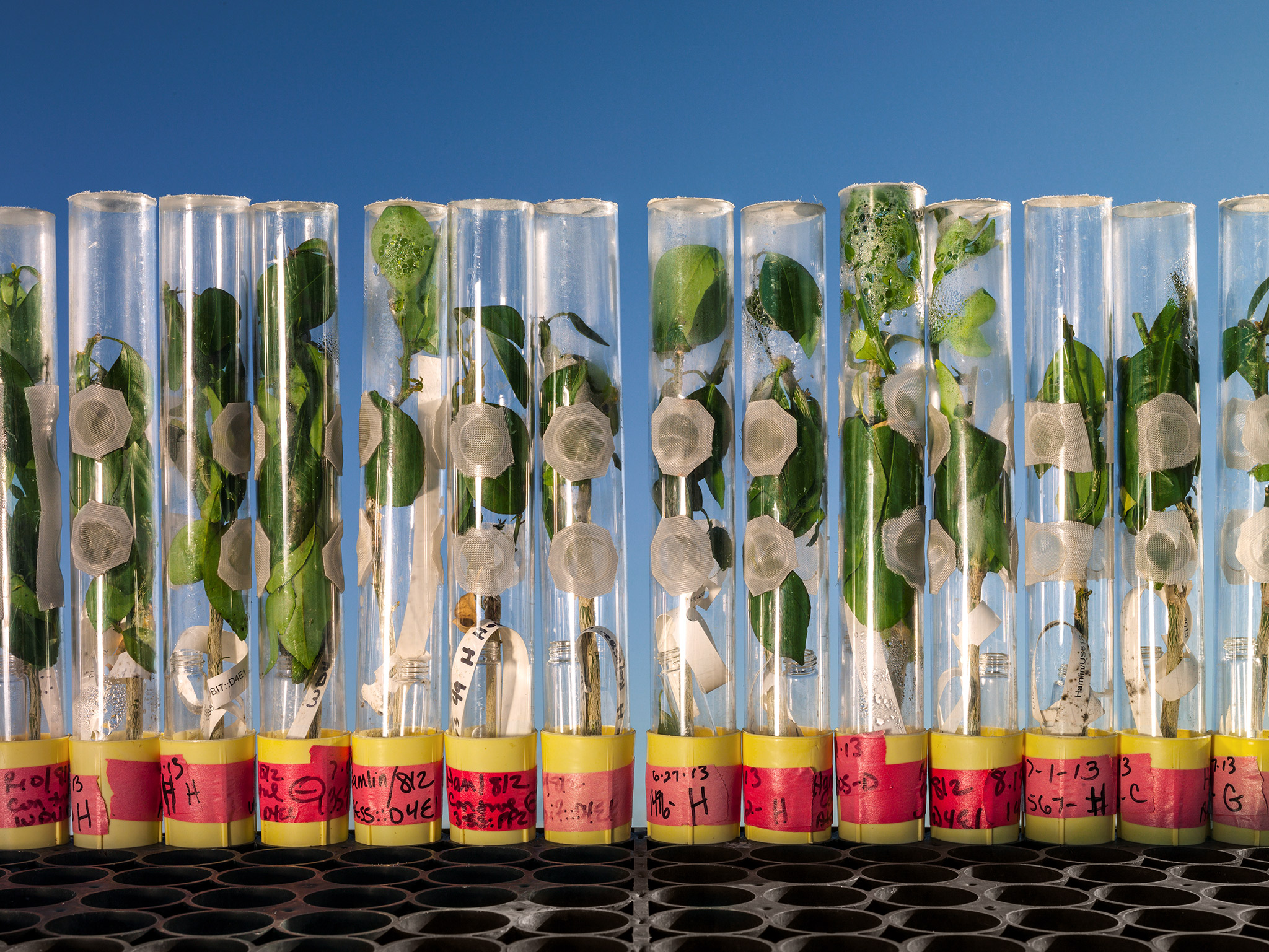
GMO (Genetically Modified Organism) is a process of genetic makeup change using modern biotechnology. GMO can be implemented on all living organisms, including animal, plants, and humans. Perhaps one of the most controversial subjects related to GMO is its use in food. Genetically modified food (GMF), true to its name, is the genetic makeup alteration of food we consume. Some believe that food with modified gene can negatively impact health, a statement that has been rebutted by numerous studies.
At its core, GMF aims to improve the nutritional values of food. Scientists can also do tweaks in order to create better-tasting fruit, trees with shorter trunk to make harvesting easier, or shorter maturity period. Traditionally, these can be achieved through cross-breeding, but it lacks accuracy and getting the desired result can take a long time. Meanwhile, GMO promises an accurate and quick result.
It is also important to note how GMF can benefit not just the consumers, but also the industry. Based on a study published in Canadian Journal of Zoology, the growth speed of GMO salmon is faster compared to regular salmon. This leads to lowered farming fees, which are beneficial for the farmers and producers.
CNBC News reports that FDA has legalised the selling of GMO salmon without labelling it as such. GMO salmon has passed years of rigorous clinical testing and deemed safe for human consumption. According to the FDA, the GMO salmon shows no biologically relevant differences in its nutritional profile compared to farm-raised salmon. In Indonesia, a lot of imported products are also a product of GMO, including corn, soy, and rice.
Text by Anggie Triana
Stock photos from Google Search Image
Source(s):
- http://www.cnbc.com
- Devlin, R. H., Sundstrom, L. F., Leggatt, R. A. (2015). Assessing Ecological and Evolutionary Consequences of Growth-Accelerated Genetically Engineered Fishes. BioScience. Vol 65(7) : 685-700.